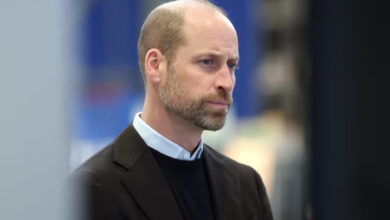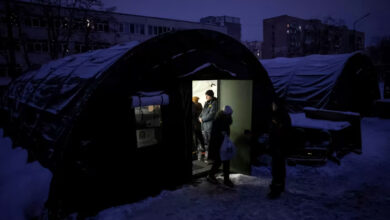We are all united. Egypt’s loss to Algeria in the World Cup qualifying match last week precipitated that rare state of affairs when government, opposition and people come together, caught up in whirlwind of national indignation and against a common enemy.
Or so they say. The red T-shirt clad TV presenters who wave flags and shed tears in fits of emotion; the actors and actresses interviewed by state television who say things such as “Algerians have no real men”; and the mainstream print media leading campaigns against the enemy and decrying the wound sustained by our collective so-called national pride.
Most seem satisfied to jump on the bandwagon. The ride is too fast and furious to resist.
But journalism is not about bandwagons. It is about honest, accurate representation that can stand the test of public accountability. These are the basic principles of our profession’s code of ethics.
Upholding these principles is a challenge, especially at times of mass hysteria when questioning common orthodoxy becomes tantamount to treason. Think of the US media after 9/11.
Hence our work was cut out for us this week: Ekram Ibrahim found the man on the street more questioning than might have been assumed, Saif Nasrawi reads into how the local media is "wagging the dog", while Pakinam Amer follows the role of the nation’s talk shows. Vivian Ibrahim puts the contemporary in historical context in Algeria and Egypt: A tale of two cities. Ashraf Khalil talks to veteran journalist Gamal Fahmi, who is spearheading a local movement of intellectuals to counter sensationalist coverage of the fall-out, while Amira el-Noshokaty interviewed Egyptian poet Gamal Bekheit, one of the first voices to rise against the tide of Algeria-bashing.
These are but some of the highlights of our attempt to understand the truth and make sense out of the mayhem. This is what responsible journalism does.




